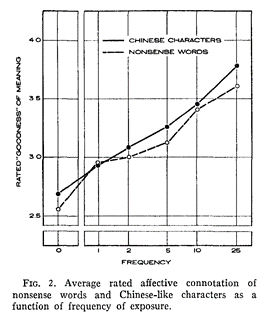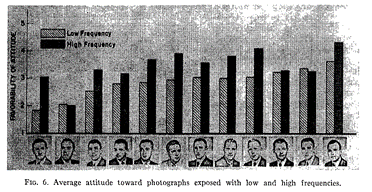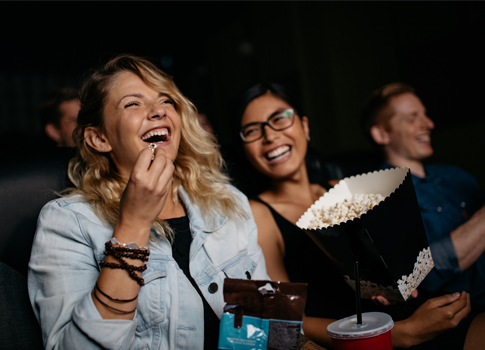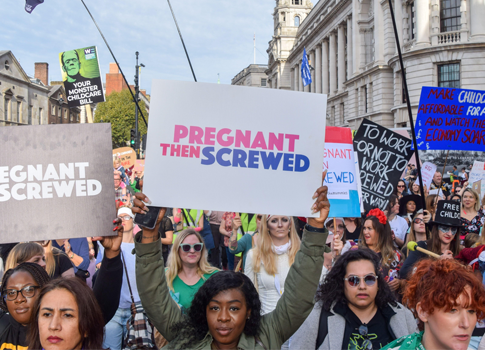#8 Mere exposure: how familiarity breeds contentment, not contempt
We have a tendency to develop a preference for things merely because we are familiar with them.
Evidence: In 1968, Stanford psychologist Robert Zajonc conducted a study into the effects of mere exposure on attitude change.
In his study, Zajonc showed his participants images of novel nonsense words, Chinese characters and faces. Participants were asked to rate how pleasant the images were. However, some of the participants had seen the image before and some had not. Within the group that had seen the image before, some had seen it a few times, and some had seen it as many as 25 times.
The findings of Zajonc’s study were clear: the more people had been exposed to the image, the more they said they liked them.


Results from Zajonc’s (1968) study
Recommendation: Zajonc’s study is relevant as it shows that repeated exposure to an item boosts preference – even if no additional information is communicated. This has implications for the phasing of messages – it suggests that leaving all your communications to the point of purchase may be problematic. Previous familiarity with your brand is important if you want people to be open to your messaging.






